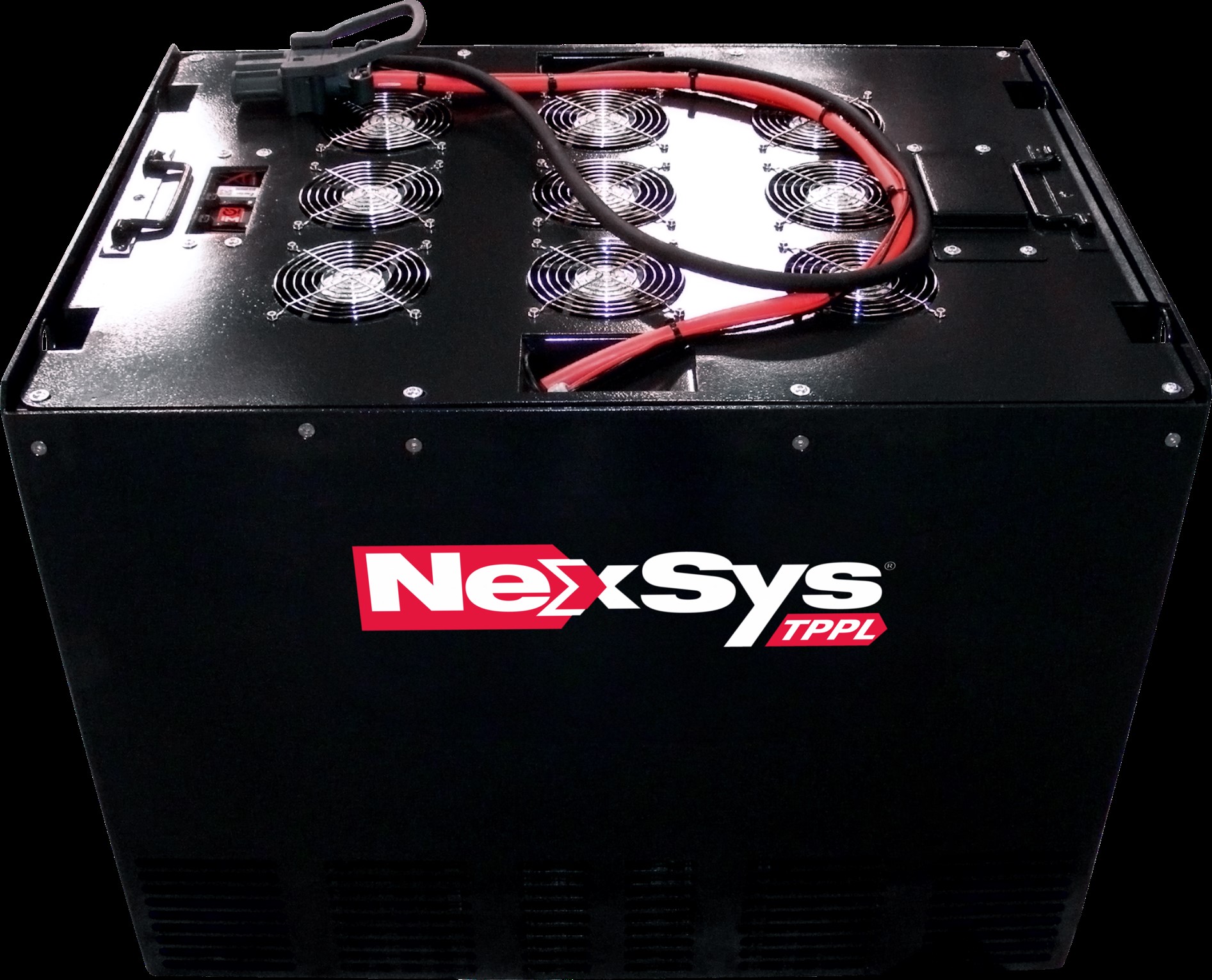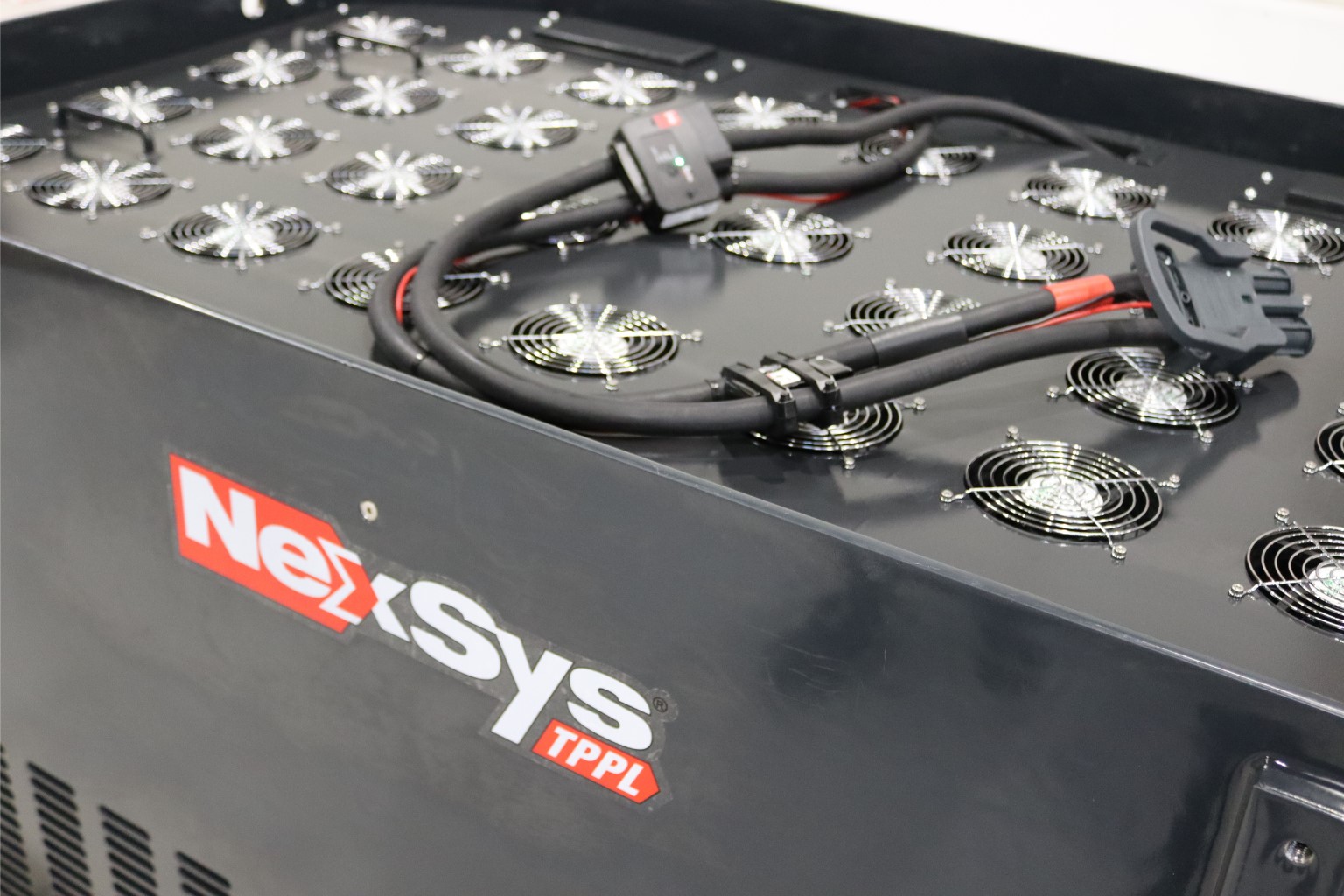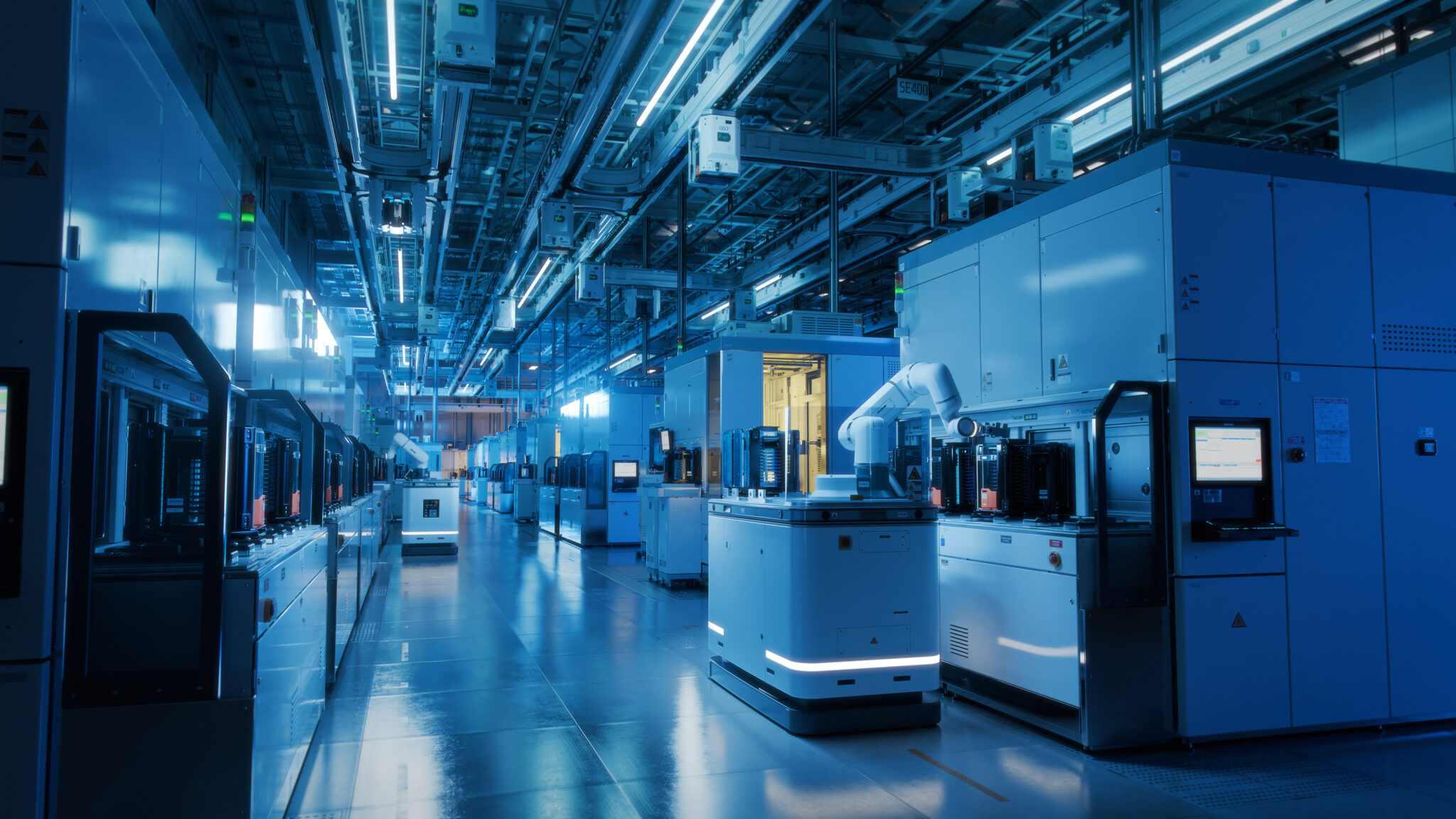In this article, battery technology leader EnerSys says transitioning to electric equipment can help strengthen sustainability and customer relationships.
With a recent Forbes report revealing 67% of companies plan to hold supply chains accountable for environmental key performance indicators, sustainability has become a critical priority for businesses aiming to align with their customers’ requirements.
For industrial operations that utilise forklift equipment, adopting resourceefficient technologies is an essential step toward achieving these goals and maintaining customer relationships. Advances in battery technologies are changing how companies transform their material handling equipment – becoming more sustainable and strengthening compliance with their customer delivery and sustainability requirements.
Driving Sustainability & Productivity
As recently as a few years ago, forklift equipment with strenuous hours, special attachments and other demanding conditions needed to be powered via combustion, as traditional lead-acid batteries fell short of the energy capability to support them. But recent advancements in battery technology now deliver the performance needed for demanding applications, providing the option
to become more sustainable while improving productivity.
By eliminating combustion equipment, operations can reduce dramatically their greenhouse gas (GHG) emissions by over 50% while also eliminating byproducts such as contaminated drivetrain lubricants, filters and coolant. While productivity is improved by replacing LPG tank changing during working times with opportunity charging batteries when equipment is not being used anyway.
LPG tank changes can take up to 15-20 minutes, depending on a variety of factors. That roughly amounts to an additional operator break per shift or 45-60 non-productive minutes per day in a three-shift operation. How many pallet moves or picks would that cost your operation? How much productivity is this costing you when you consider the size of your fleet and working days?
Using routine quiet periods to simply plug-in and recharge your batteries keeps your working time focused on actual work, better positioning you to align on both your customer’s delivery and sustainability goals.
Battery Choices
Picking the optimal battery technology for your forklift operations depends on having the widest breadth of choices; EnerSys says it is the only source of all three major battery technologies for material handling applications – including traditional lead-acid and maintenance-free options.

It describes its traditional lead-acid batteries as some of the hardest-working in the industry. From its standard Perfect Plus batteries to its low-maintenance Water Less batteries and hard-running
IRONCLAD batteries, EnerSys says you can expect solid performance and years of productive service life. Powering your electric equipment with its flooded batteries also provides a solid initial step towards sustainability by reducing your GHG emissions by over 50%.
If your operations aim to enhance energy efficiency while eliminating battery maintenance concerns, EnerSys says its NexSys battery portfolio offers two powerful solutions: NexSys Thin Plate Pure Lead (TPPL) batteries and NexSys iON lithium-ion batteries, each tailored to meet the specific energy demands of your equipment. For light and medium-duty applications, NexSys TPPL provides a great maintenance-free option and solid performance. NexSys TPPL batteries are also more energy efficient and can reduce your energy costs and GHG emissions an additional 10% versus traditional flooded lead-acid batteries, according to EnerSys.
In demanding, heavy-duty applications, EnerSys believes the outstanding energy performance of its NexSys iON batteries are a superb fit. With multiple configurations and a dual-cable option for faster recharging, NexSys iON batteries are ready to handle high lifts, long runs, heavy loads and specialised attachments. NexSys iON batteries are the most energy efficient batteries in its
portfolio, reducing GHG emissions an additional 12% versus traditional leadacid batteries.
If reducing water consumption is part of your sustainability requirements, both NexSys TPPL and NexSys iON batteries also eliminate watering – saving up to 676 gallons of water per year for each battery versus traditional flooded lead acid.
Energizing The Future
By investing in electric forklift equipment with advanced battery technologies, supply chains not only fulfill environmental responsibilities, but also help bolster their customer relationships. Thus, deployment of sustainable technologies paves the way for both productive operations and relationships in a world increasingly conscious of environmental impact.
similar news







